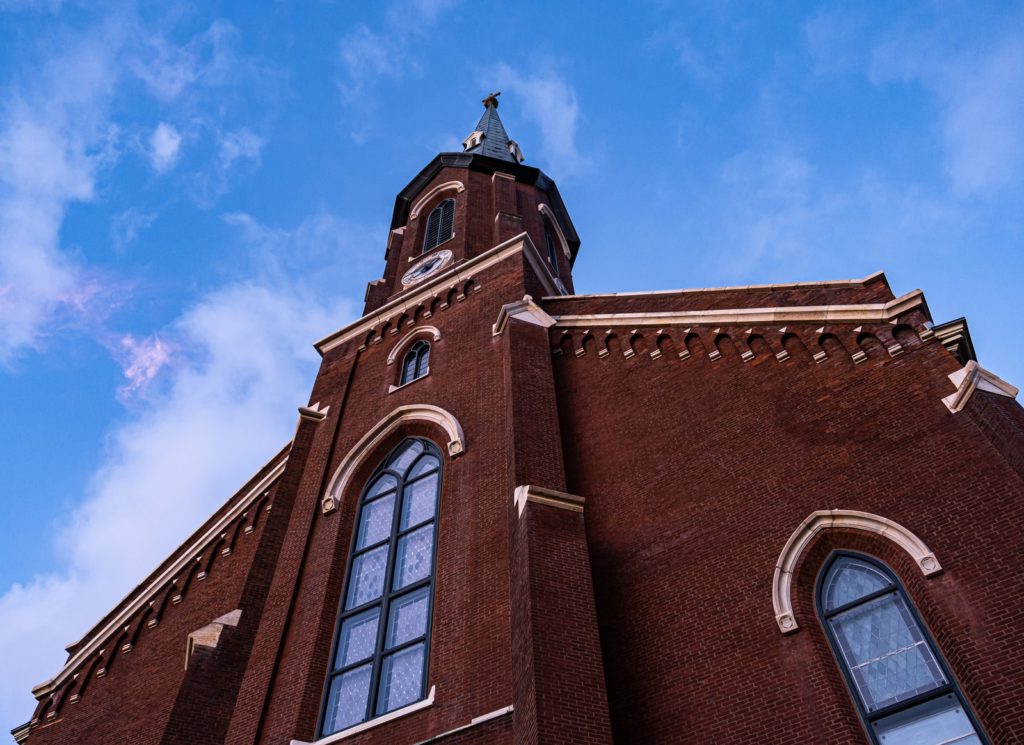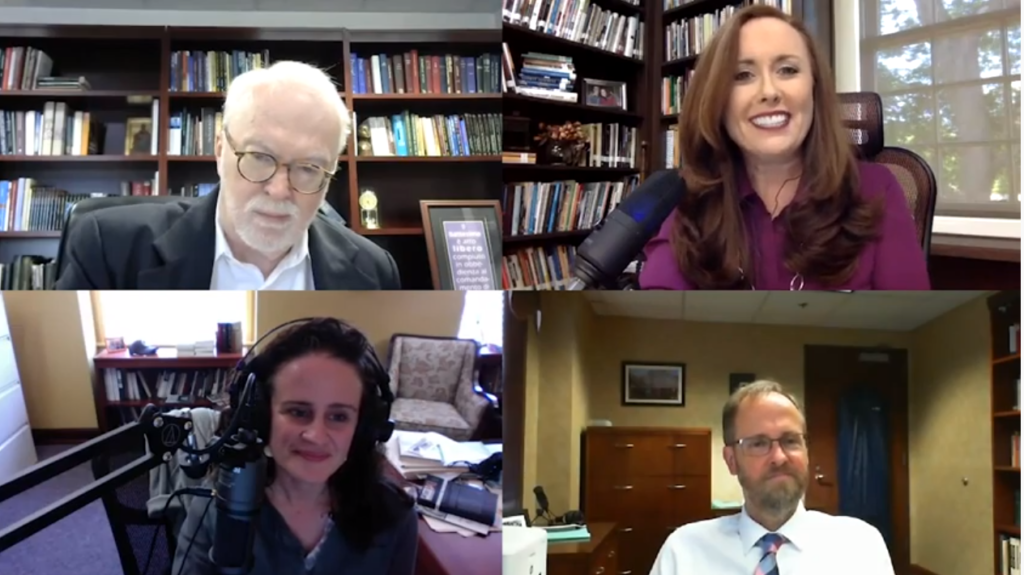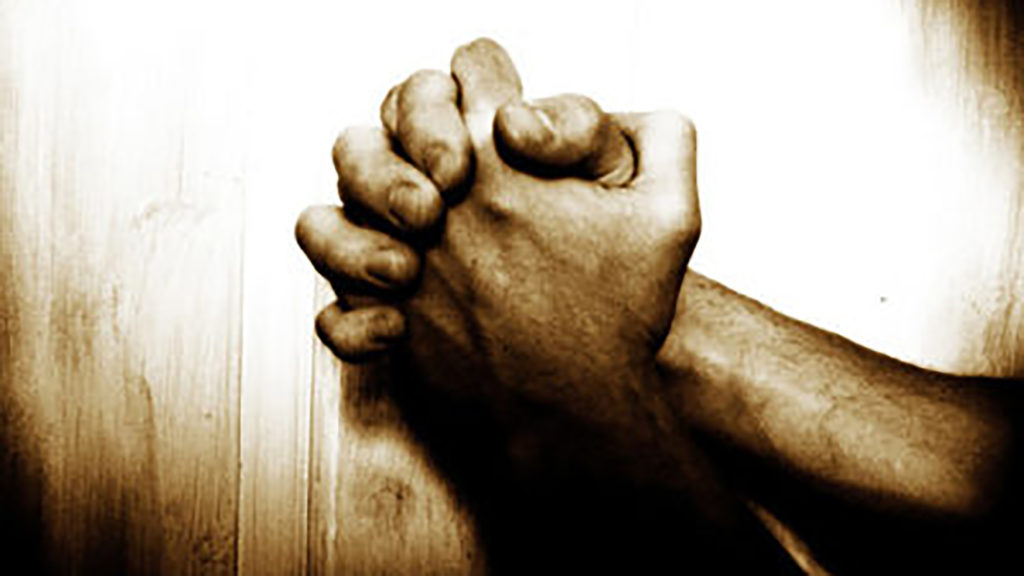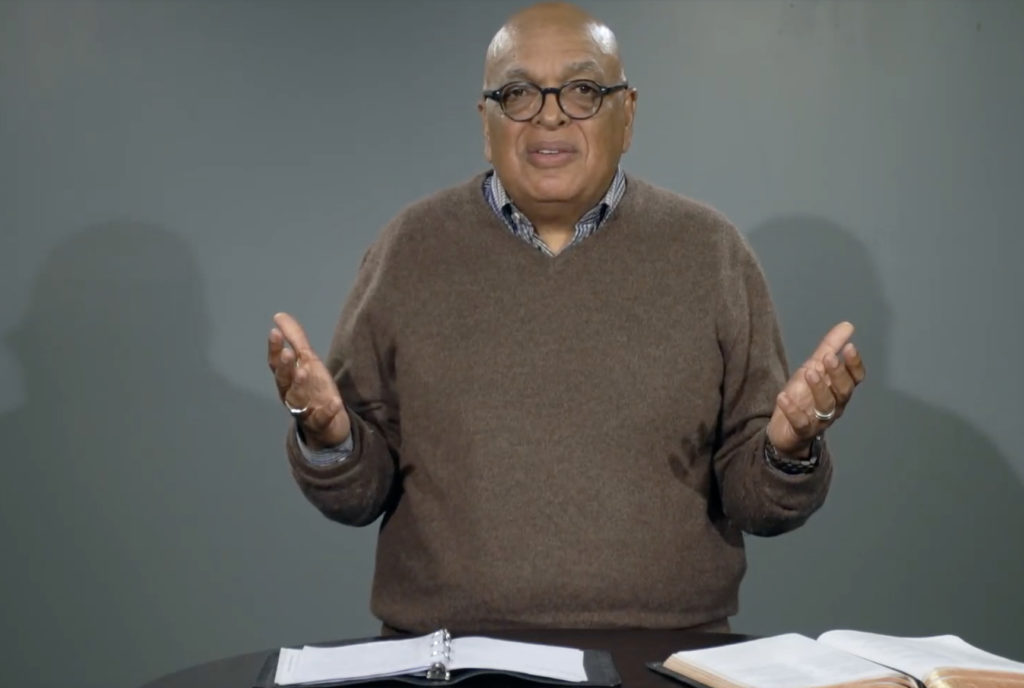The vast majority of pastors say they feel support from other ministers in their communities, but that encouragement is less prevalent in some places.
According to a study from Lifeway Research, 82% of U.S. Protestant pastors say they feel supported by other local pastors in their area, with 44% strongly agreeing. Few (14%) disagree, while 4% aren’t sure.
“Nobody can identify with a pastor like another pastor. That’s why relationships between pastors are so vital,” said Scott McConnell, executive director of Lifeway Research. “It’s one thing to be aware and know the names of other pastors who are sharing the same gospel message in your community. It’s another to invest in supporting and encouraging each other.”
Large church pastors, those with weekly worship service attendance of more than 250, are the most likely to say they feel supported by other local pastors (89%).
In the Northeast, where there are traditionally fewer Protestant churches, pastors are less likely to agree they feel supported by other pastors (75%) than pastors in the Midwest (84%).
Restorationist movement pastors (68%) are less likely to feel local pastor support than Lutheran (88%), Pentecostal (87%), Baptist (83%), or Presbyterian/Reformed pastors (83%). A Lifeway Research study on denominations found Restorationist movement pastors are also the least likely to say they or their congregation considers it vital to be part of a denomination or denomination-like group, while Lutheran pastors are the most likely to see such denominational connections as important.
A 2015 Lifeway Research study on pastors leaving the ministry found about 1% leave the pastorate prior to retirement each year, but more than 1 in 3 (35%) agree they feel isolated as a pastor.
Personal pastor connections
While a large majority of pastors say they feel supported by other local ministers, most are getting that support from only a handful of area pastors. Slightly more than half of U.S. Protestant pastors (54%) say they personally know and spend time with fewer than 10 other local pastors.
One in 20 pastors (5%) aren’t connected with any area pastors, while 8% only have relationships with one to two other ministers. A quarter of pastors (24%) say they know three to five, and 18% spend time with six to nine other pastors.
The remaining 46% of pastors enjoy personal connections with 10 or more pastors, including 27% who say they personally know 10-15 and 19% who spend time with 16 or more.
“When it comes to pastors encouraging other pastors, there is strength in numbers,” said McConnell. “Knowing 10 or more local pastors increases the likelihood pastors can connect beyond the similarities in their role and makes them less vulnerable when a pastor friend leaves the area.”
Support
Pastors’ perceptions of support from other local pastors are related to how many other local ministers they know and spend time with multiple times a year. Pastors who strongly agree they feel supported know and spend time with an average of 17 other local pastors. This decreases to 10 for those who somewhat agree they are supported. Pastors who somewhat disagree they feel supported by pastors in their area know and spend time with an average of eight other pastors, and those who strongly disagree know only five other pastors.
As with local support, smaller church pastors and those in areas with fewer Protestant churches are more likely to miss out on large numbers of pastoral friends. Protestant pastors in the South (23%) and Midwest (19%) are more likely than those in the Northeast (10%) to say they personally know 16 or more other area pastors. Small church pastors, those with less than 50 in attendance, are more likely to say they only know one to two other local pastors (12%) than those with worship attendance of 100-249 (6%) and 250 or more (5%).
Non-denominational (8 personal connections) and Restorationist Movement pastors (8) average fewer local pastor relationships than Pentecostal (17), Methodist (16), and Baptist pastors (12).
“While denominational connections may limit the variety of the types of relationships a pastor may have with neighboring pastors, belonging to a denomination does appear to aid in building relationships between pastors,” said McConnell.
For more information, view the complete report.






Share with others: